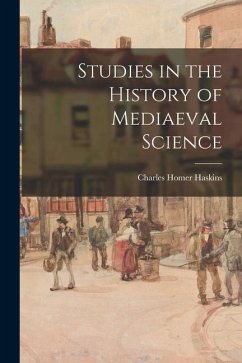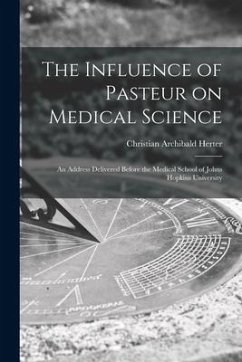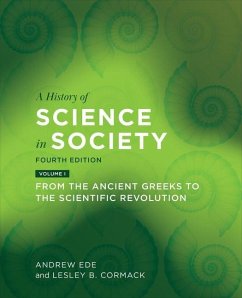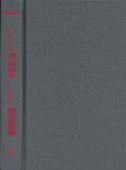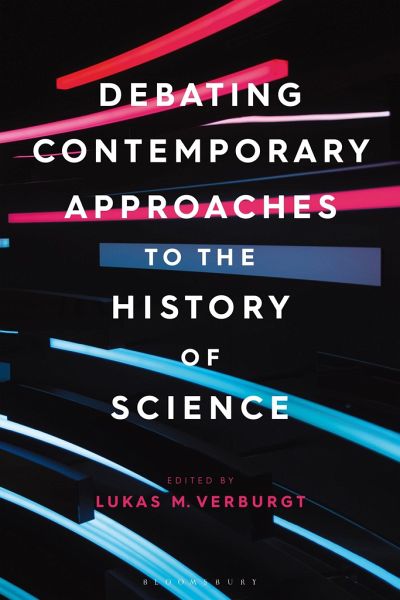
Debating Contemporary Approaches to the History of Science
Versandkostenfrei!
Versandfertig in über 4 Wochen
35,99 €
inkl. MwSt.
Weitere Ausgaben:

PAYBACK Punkte
18 °P sammeln!
Debating Contemporary Approaches to the History of Science explores the main themes, problems and challenges currently at the top of the discipline's methodological agenda. In its chapters, established and emerging scholars introduce and discuss new approaches to the history of science and revisit older perspectives which remain crucial. Each chapter is followed by a critical commentary from another scholar in the field and the author's response. The volume looks at such topics as the importance of the 'global', 'digital', 'environmental', and 'posthumanist' turns for the history of science, a...
Debating Contemporary Approaches to the History of Science explores the main themes, problems and challenges currently at the top of the discipline's methodological agenda. In its chapters, established and emerging scholars introduce and discuss new approaches to the history of science and revisit older perspectives which remain crucial. Each chapter is followed by a critical commentary from another scholar in the field and the author's response. The volume looks at such topics as the importance of the 'global', 'digital', 'environmental', and 'posthumanist' turns for the history of science, and the possibilities for the field of moving beyond a focus on ideas and texts towards active engagement with materials and practices. It also addresses important issues about the relationship between history of science, on the one hand, and philosophy of science, history of knowledge and ignorance studies, on the other. With its innovative format, this volume provides an up-to-date, authoritative overview of the field, and also explores how and why the history of science is practiced. It is essential reading for students and scholars eager to keep a finger on the pulse of what is happening in the history of science today, and to contribute to where it might go next.







